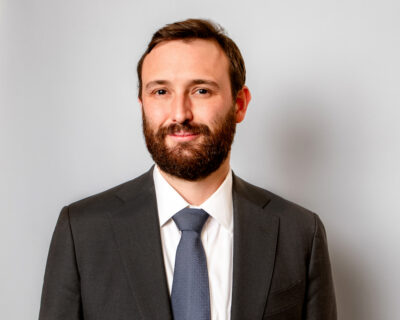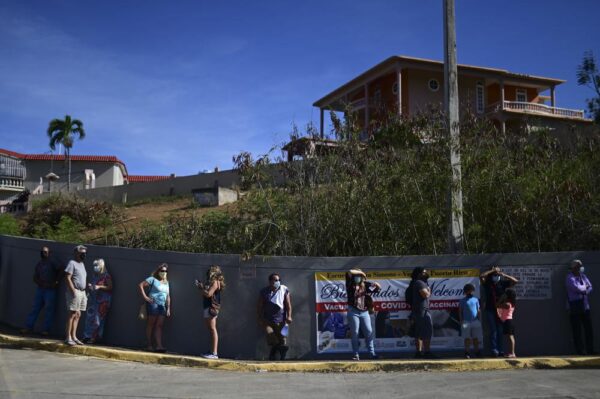Journalists Argue Against Puerto Rico's COVID-era âFake Newsâ Law in Federal Appeals Court
The law chilled journalistsâ reporting on the COVID-19 pandemic and threatened press freedom in emergencies
SAN JUAN, Puerto Rico â At a time when the freedom of the press is in growing peril, the U.S. Court of Appeals for the First Circuit heard arguments about Puerto Ricoâs âfake newsâ law, which was struck down by a federal district judge in 2023 for violating the First Amendment. Two journalists challenged the law, saying it chilled their reporting and could endanger any journalism during an emergency that may reflect poorly on the government.
âIf recent attacks on the freedom of the press have taught us anything, it is that the government cannot be allowed to make themselves the arbiter of public debate,â said Brian Hauss, senior staff attorney with the šėÐÓĘÓÆĩâs Speech, Privacy, and Technology Project. âProhibiting âfake newsâ during an emergency gives the government far too much power to chill and criminalize reporting that they donât like, and it threatens the foundational principle of our Constitution: a free people requires a free press.â
The 2020 Puerto Rico law made it a crime to knowingly raise a âfalse alarmâ about impending catastrophes or knowingly convey false information on any topic when doing so results in an imminent risk to safety, health, property; those found in violation of the law could face up to three years in jail and a fine of up to $5,000.
âThis is a law created to try to control speech and eliminate any dissent, under the threat of criminally prosecuting people who say something the government disagrees with,â said FermÃn Arraiza-Navas, legal director of the šėÐÓĘÓÆĩ of Puerto Rico. âWith this law, the government of Puerto Rico endangers the right to freedom of expression and freedom of the press, especially at a time when we know that freedom of expression is being attacked from multiple angles. This is also an attempt to discourage fair and necessary oversight of the governmentâprecisely during times of emergency. Puerto Rico has plenty of examples showing how, in moments of crisis, the government has failed to provide the public with truthful information, and instead, it has been thanks to journalists and the public that the correct information about these matters has come to light.â
Originally filed during the COVID-19 public health crisis, the šėÐÓĘÓÆĩ and the šėÐÓĘÓÆĩ of Puerto Rico filed the lawsuit on behalf of two journalists, Sandra RodrÃguez Cotto and Rafelli GonzÃĄlez Cotto, who feared that the laws would be used to punish them for their reporting on public emergencies, especially reporting that reflects negatively on the government.
On March 31, 2023, the U.S. District Court for the District of Puerto Rico permanently enjoined the law, holding that it violates the First Amendment because it imposes a content-based restriction on protected speech without adequate justification. The court observed that the statuteâs exceedingly broad sweep risked politicized prosecutions and chilling protected speech on matters of public concern. As the court put it, â[t]he watchdog function of speech is never more vital than during a large-scale crisis.â
For more information about the case, see here.


